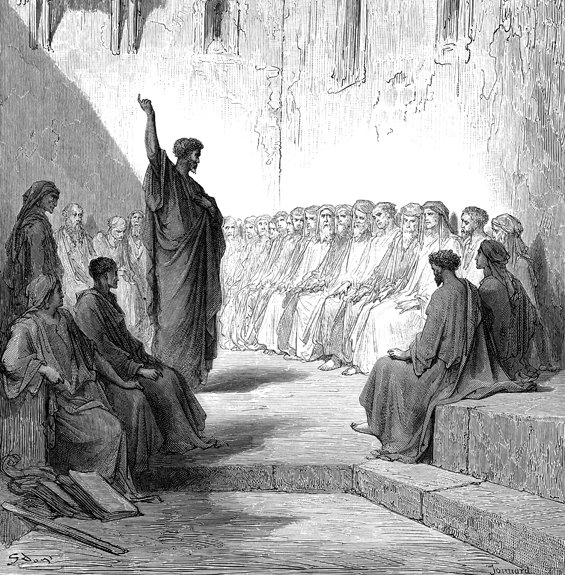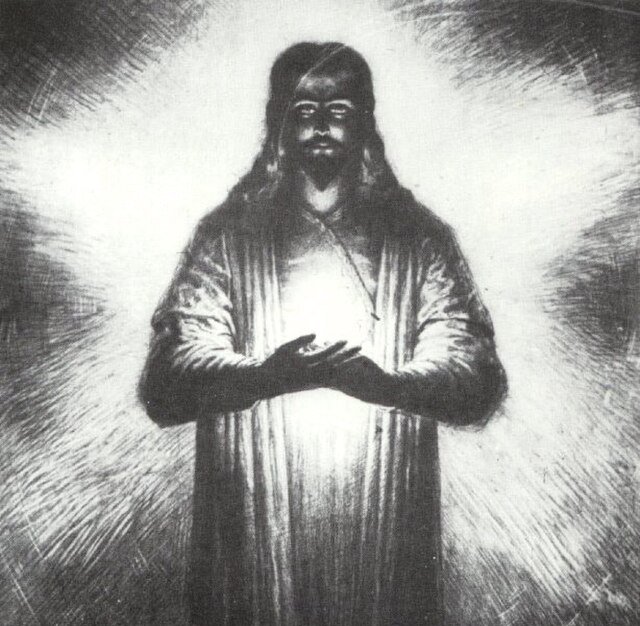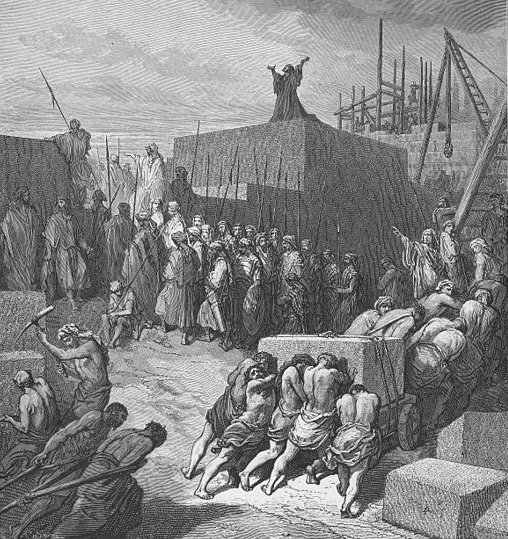Man, made in the image of God, has a purpose- to be in relationship to God, who is there. Man forgets his purpose and thus he forgets who he is and what life means.
- Francis Schaeffer
Recent Thoughts
December 30, 2025 | 1,004 words - When having discussions with people about God, I have found that it is not uncommon for evolution to make its way into the discussion. I think it's fair to say that this is popularly imagined to be the main contender against the "religious" view; we have no need of God,...
December 13, 2025 | 1,143 words - I have recently been rereading 12 Rules for Life. It has been an interesting experience; the last time I read it, I was an atheist, with a very basic grounding in philosophy and ethics, and no idea who Joseph Campbell was. Revisiting the book now and reading it through a...
November 27, 2025 | 915 words - When I wrote about the "coercion problem" with the argument from suffering, I made reference to the concept of virtue ethics. To recap: in discussions about God’s justice, we often make the mistake of assuming that suffering per se is unjust; however, if we approach the discussion from a standpoint...
Recent Articles

Some reasons for trusting the Gospel accounts
In the last two articles on the "lunatic of Galilee", I've offered a treatment of the Lewis trilemma, and explained why I don't find it credible that Jesus was a liar or a lunatic. Naturally, this trilemma rests on Jesus's words really being Jesus's words, and not somebody else's. In this article, I defend that proposition: I think we have very good reasons to believe that the words of Jesus (and other things) relayed to us by the New Testament are genuine, and can be taken as evidentially sound. This isn't a comprehensive apologia on the topic, by any means; the...
Some reasons for trusting the Gospel accounts
In the last two articles on the "lunatic of Galilee", I've offered a treatment of the Lewis trilemma, and explained why I don't find it credible that Jesus was a liar or a lunatic. Naturally, this trilemma rests on Jesus's words really being Jesus's words, and not somebody else's. In this article, I defend that proposition: I think we have very good reasons to believe that the words of Jesus (and other things) relayed to us by the New Testament are genuine, and can be taken as evidentially sound. This isn't a comprehensive apologia on the topic, by any means; the...

Further preposterous claims from Jesus of Nazareth
In the last article I wrote on this subject, I looked at two compelling lines of evidence from the gospels of Mark and Matthew which pose problems for the idea that Jesus was just a good moral teacher. There are more to come; this article will do the same for the gospels of Luke and John, and will cover some interesting ground. The intent here is to force us back into the realm of the Lewis trilemma, popularly expressed with the formula "liar, lunatic, or Lord"; at the end of the article I will give a summary of my thoughts...
Further preposterous claims from Jesus of Nazareth
In the last article I wrote on this subject, I looked at two compelling lines of evidence from the gospels of Mark and Matthew which pose problems for the idea that Jesus was just a good moral teacher. There are more to come; this article will do the same for the gospels of Luke and John, and will cover some interesting ground. The intent here is to force us back into the realm of the Lewis trilemma, popularly expressed with the formula "liar, lunatic, or Lord"; at the end of the article I will give a summary of my thoughts...

Christ's outrageous claims about himself
I would like to take a brief diversion from the Book of Job and look at another subject which I have previously touched on: the person of Christ. I've had the opportunity to prepare for a presentation on this subject recently, and would like to expand on some of my thoughts here. It's a common refrain to hear: "I believe that Jesus was a good man who taught a lot of good things, but I don't think he was God." Now, Jesus of Nazareth is an endlessly fascinating man- and the more you learn about the context in which he...
Christ's outrageous claims about himself
I would like to take a brief diversion from the Book of Job and look at another subject which I have previously touched on: the person of Christ. I've had the opportunity to prepare for a presentation on this subject recently, and would like to expand on some of my thoughts here. It's a common refrain to hear: "I believe that Jesus was a good man who taught a lot of good things, but I don't think he was God." Now, Jesus of Nazareth is an endlessly fascinating man- and the more you learn about the context in which he...